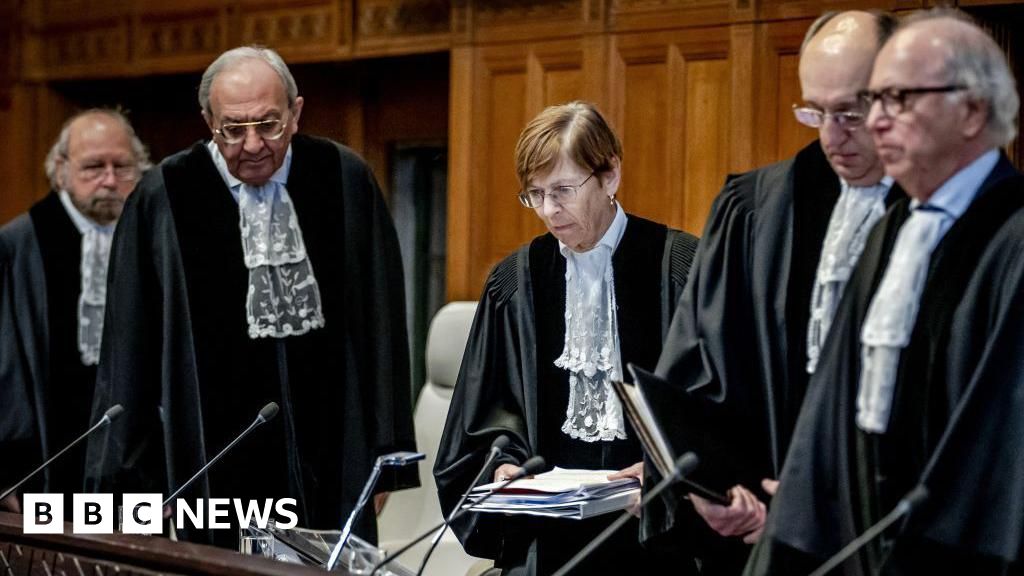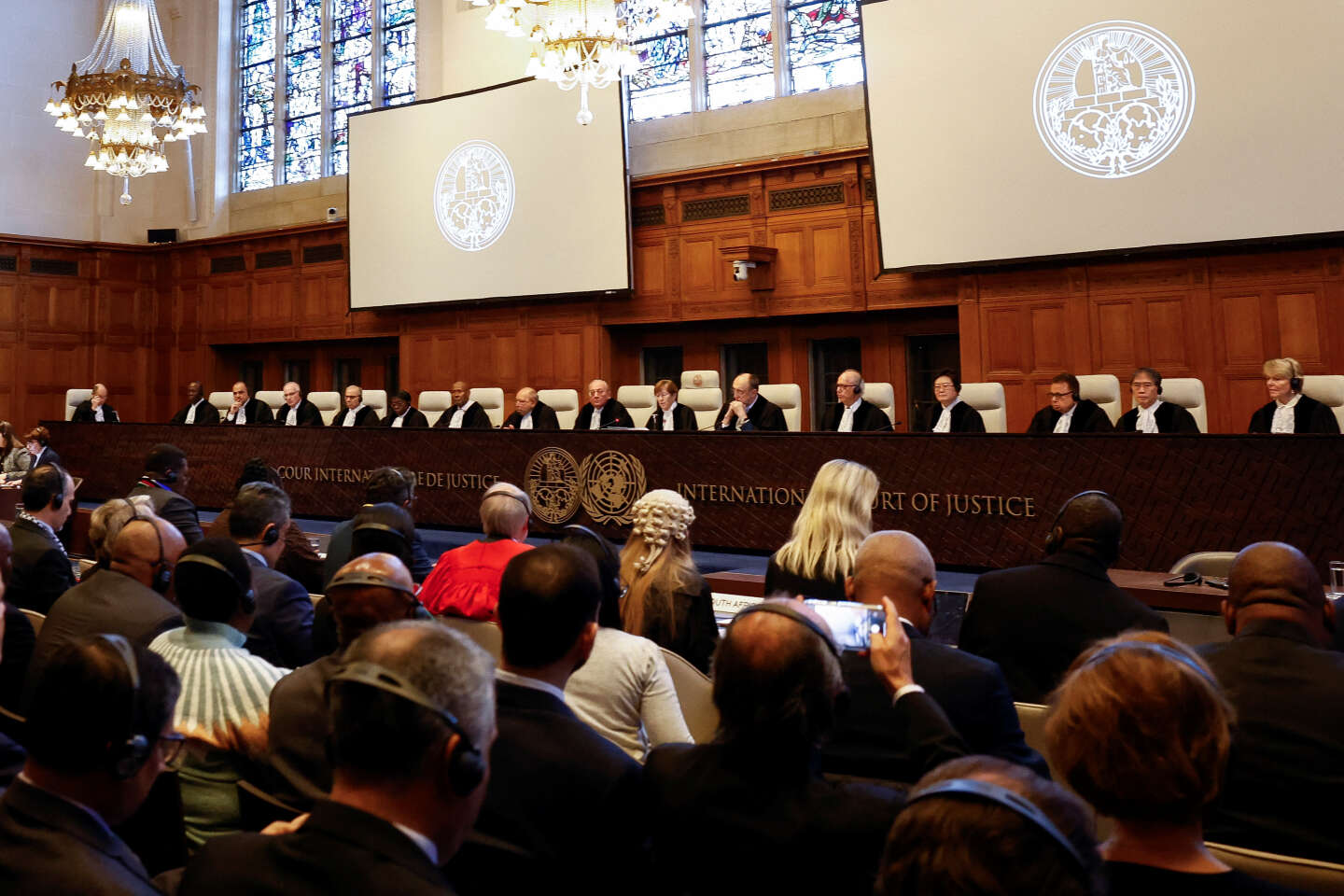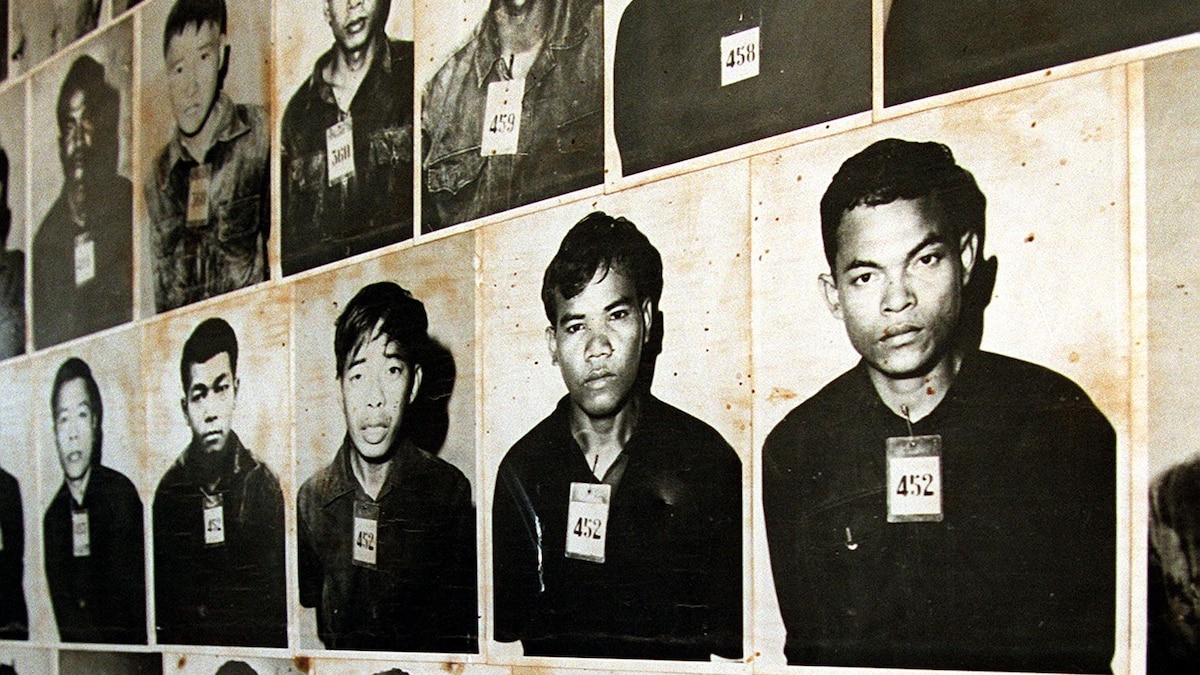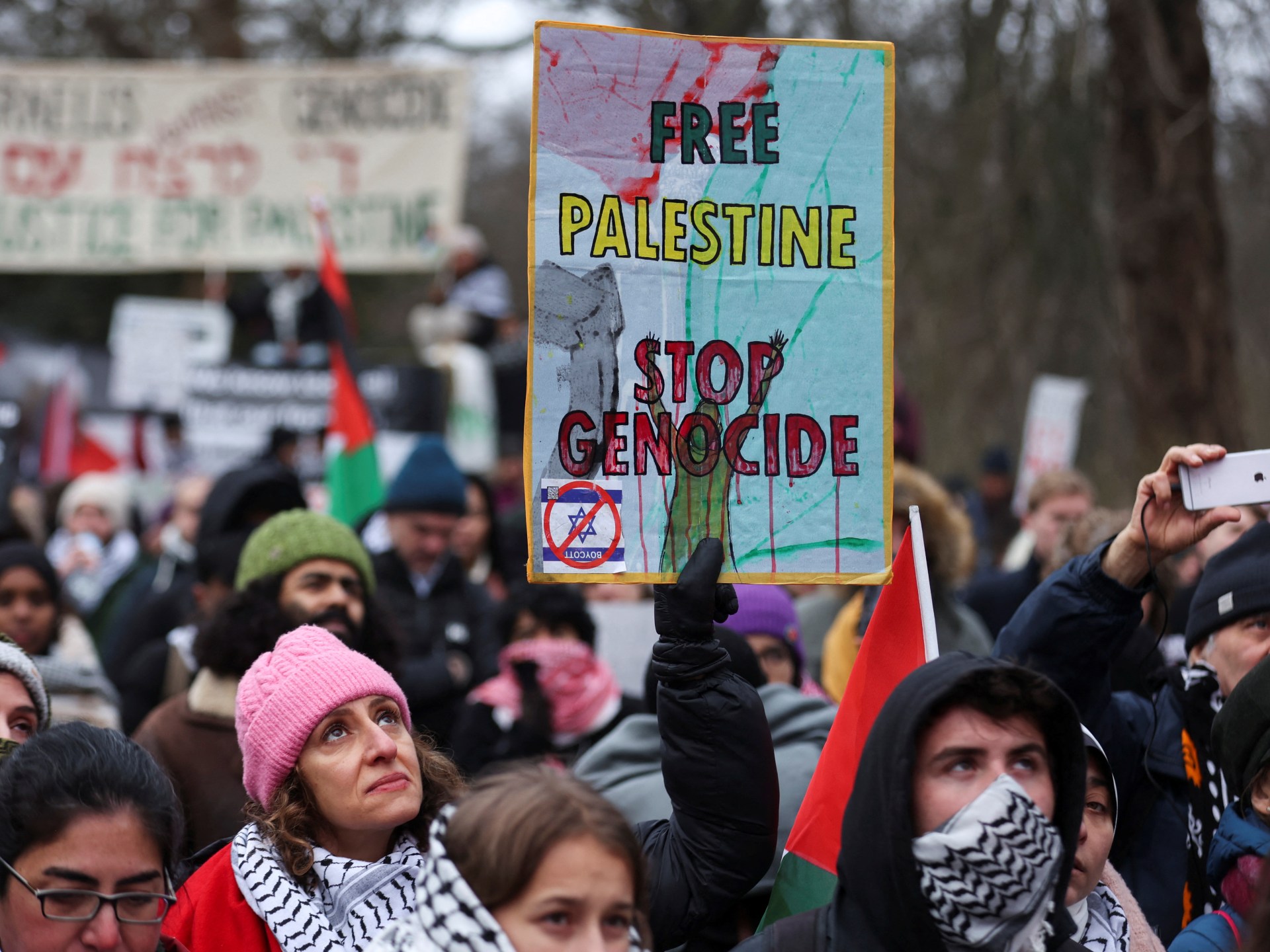Join the Genocide Debate at the Battle of Ideas, 2024
At next weekend's Battle of Ideas festival, Our Fight are partnering on a session exploring debates around the term 'genocide'. We have assembled an incredible panel, comprising Natasha Hausdorff, Lesley Klaff and Jonathan Sacerdoti. We also have a discount code if you would like to buy a ticket.
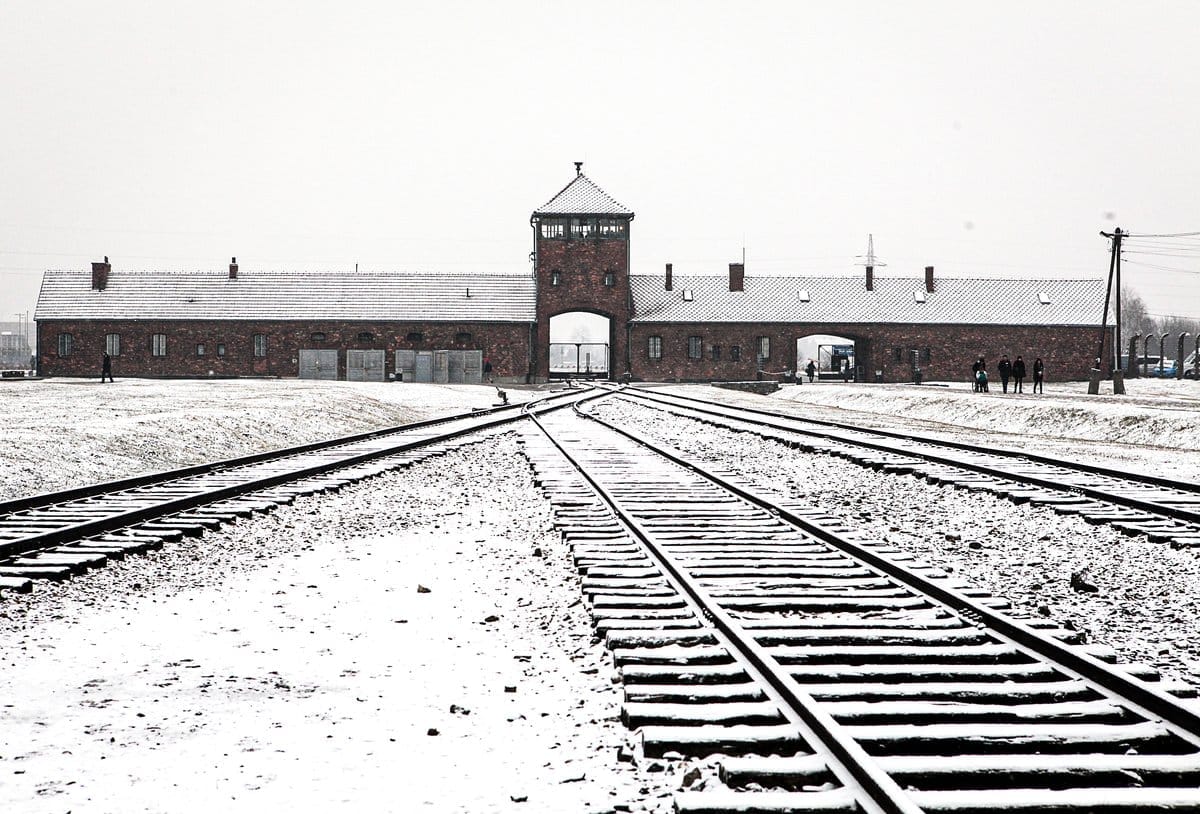
At this year's edition of the stimulating Battle of Ideas festival, Our Fight are collaborating to produce a session called Genocide: What it is and what it isn't. We are excited to welcome an expert panel, comprising Natasha Hausdorff, Lesley Klaff and Jonathan Sacerdoti. Our Fight founder Mark Birbeck will chair the discussion. Speaker biographies, session details and some suggested readings are below.
The festival takes place in London, over the weekend of October 19th and 20th, and our session will be on the first day, at 4.45pm.
If you would like to find out more about the festival, ticket prices, a list of other sessions that will be of interest, and our discount code, then follow this link.
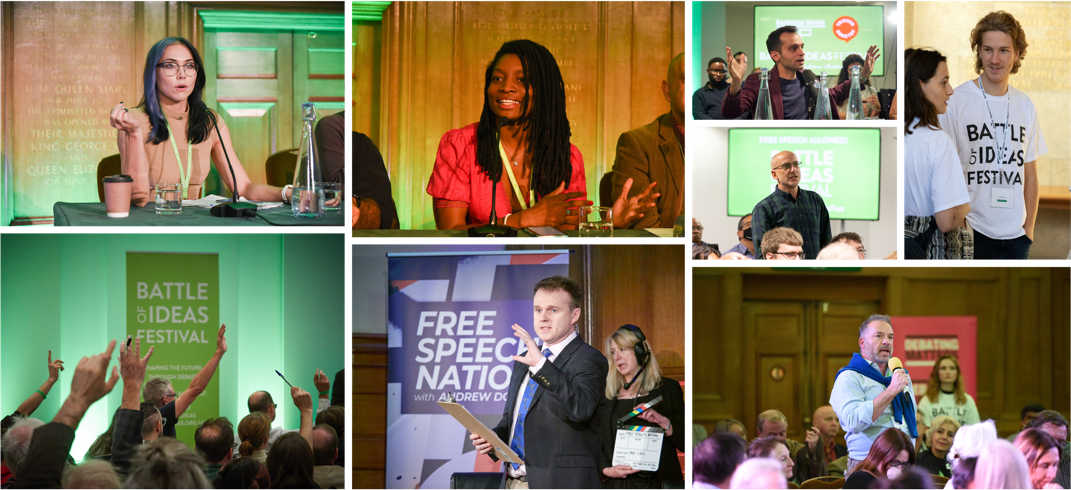
Speakers

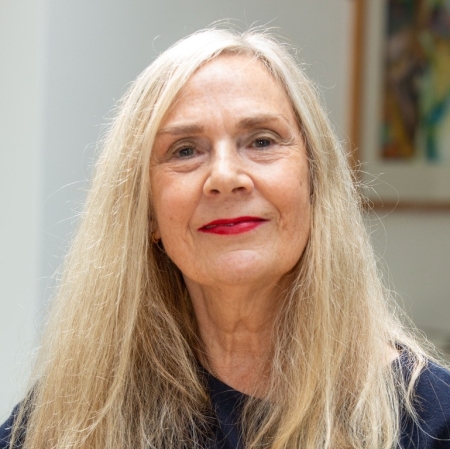
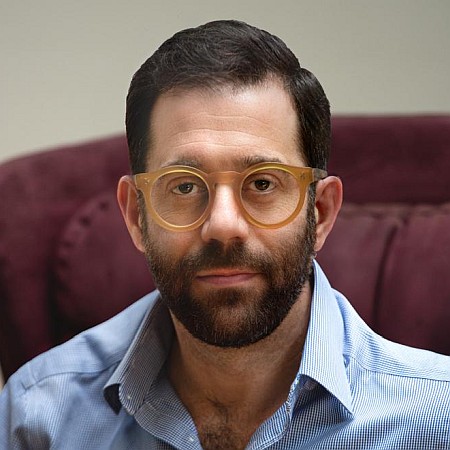
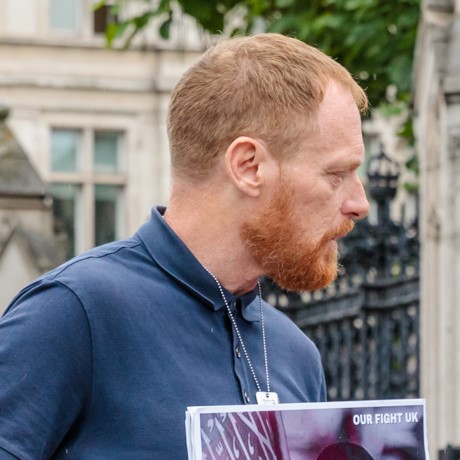
Background
The concept of ‘genocide’ is back in the news after a case in the International Court of Justice (ICJ), brought by the South African government, accusing Israel of genocide in Gaza.

But where did the concept come from and what does it mean?
In the shadow of the Second World War, and as the realities of the Holocaust unfolded, a new understanding began to take hold: that the slaughter of millions of people in the industrial death camps organised by the Nazis and their allies was unprecedented. During the war, Polish lawyer Raphael Lemkin created a new word to describe this barbarity: genocide. And in the years that followed, Lemkin pressed for a new international law against genocide to be established at the United Nations. In 1950, the Genocide Convention was adopted.
In the years since, other acts of mass slaughter that seem to lie beyond our comprehension have been recognised as falling under this law–in Rwanda, Srebrenica and Cambodia. Yet there are many other massacres and slaughters that seem of similar scale, and are not covered by the UN definition. Is the Convention defined too narrowly? For example, the scale of the killings in Darfur and Myanmar are deemed by many academics to be genocides. Similarly, the death-march of Armenians during the First World War, which may have claimed over a million lives, was the very slaughter that first provoked Lemkin to pursue his campaign. Yet in each of these cases the claim of genocide is bitterly contested in some quarters.
Equally, there is perhaps as much a case to be made for saying that the definition is too broad, given the uniqueness of the Holocaust. The scale, the industrialisation and the involvement of all levels of society together seem to place the genocide perpetrated by the Nazis on another level. But would focusing on uniqueness risk blinding us to the possibility that there may be yet more genocides in the future?
Finally, is South Africa right to bring its accusation of genocide to the ICJ, particularly as many other nations have supported it? Or are the defenders of Israel’s war in Gaza right to see the use of the word ‘genocide’ against the world’s only Jewish state as a cynical case of ‘Holocaust inversion’? In short, just how useful is the idea of ‘genocide’ today?
Read More
